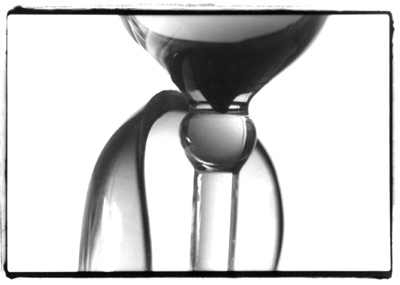All Nonfiction
- Bullying
- Books
- Academic
- Author Interviews
- Celebrity interviews
- College Articles
- College Essays
- Educator of the Year
- Heroes
- Interviews
- Memoir
- Personal Experience
- Sports
- Travel & Culture
All Opinions
- Bullying
- Current Events / Politics
- Discrimination
- Drugs / Alcohol / Smoking
- Entertainment / Celebrities
- Environment
- Love / Relationships
- Movies / Music / TV
- Pop Culture / Trends
- School / College
- Social Issues / Civics
- Spirituality / Religion
- Sports / Hobbies
All Hot Topics
- Bullying
- Community Service
- Environment
- Health
- Letters to the Editor
- Pride & Prejudice
- What Matters
- Back
Summer Guide
- Program Links
- Program Reviews
- Back
College Guide
- College Links
- College Reviews
- College Essays
- College Articles
- Back
Should the Drinking Age be Lowered?
Lowering the Drinking Age
Many people in the United States believe that anyone under the age of 21 years old is prohibited from consuming alcohol under any circumstance. However, they are not exactly correct. 29 of the nation’s 50 states allow teenagers under the age of 21 to drink on private property, and 25 allow underage drinking for religious purposes. Of these 29 states, 11 allow teenagers to drink underage for educational purposes. The age of 18 is when someone is legally an adult; they are considered to be responsible enough to vote, smoke, and join the military. It seems reasonable that they should also be considered responsible enough to legally drink for social reasons alone.
Arguments have been made that young adults between the ages of 18 and 20 who drink in a controlled environment may learn more responsible drinking habits. Other countries, such as Great Britain and Holland, with a lower Minimum Legal Drinking Age (MDLA) have reported fewer fatal car crashes among 21-24 year olds than the United States. Holland has one of the lowest MLDA’s in Europe at 16 years of age. In Holland, education about the perils of irresponsible alcohol use begins at an earlier age, which may help explain the statistic above.
It is a well-known fact that teenagers like to do irresponsible and spontaneous things. One of the most thrilling experiences for some teenagers is breaking the law to have a drink. This creates many problems because it can lead to drunk driving and raging house parties. If the drinking age were lowered to 18, the thrill of breaking the rules would diminish and in turn, decrease reckless behavior. As the thrills of breaking the rules disappear, a change in behavior may occur. Teens would quickly realize that becoming wasted is not as much fun as it seems on TV. After their first time becoming wasted, they will have a horrible hangover and a raging headache. Neither of these are productive for the day, nor are they any fun to have for a lengthy period of time. These negative effects may lead to smarter choices.
On the flip side, there are also some cons with lowering the legal drinking age. One of these is the negative effect on health. Consuming large quantities of alcohol can damage the liver. It can also interfere with the development of the brain’s frontal lobes, which control emotion, planning, and organization. Lowering the drinking age can also be socially dangerous for minors. It could allow younger people to become involved in the negative aspects of local bars, such as fighting and staying up until the early hours of the morning. Not everyone is ready for the social stresses of drinking in public at the age of 18.
The debate over the lowering of the legal drinking age has been a heated topic for the past few decades. Some people feel that 18 year olds should be allowed to drink on thier own, for personal and educational purposes alike. Although teens are allowed to drink by themselves on private property in 29 states, people still argue that it should be illegal under any circumstances to drink alcohol under the age of 21. If the legal age is lowered, the confusion would stop. Finally, even though underage drinking can have some negative health effects, it is also a great way to teach responsibility to teenagers by exposing them to real life consequences at an early age.

Similar Articles
JOIN THE DISCUSSION
This article has 0 comments.
